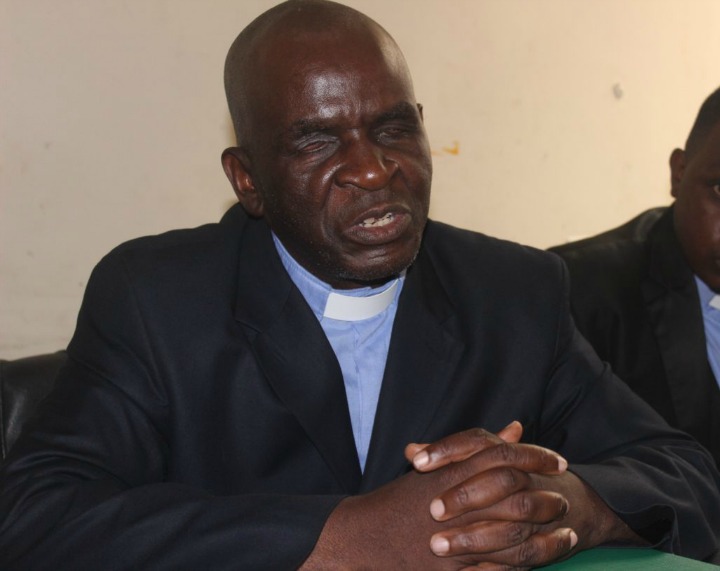We, the leaders of the ZHOCD made up of EFZ, UDACIZA, ZCBC and ZCC, met at the Africa Synod House on the 7th of October 2019 to consider the currently unfolding national crisis in its totality and to propose what we believe is a comprehensive but sustainable solution to it.
We have prayerfully come to the conclusion that in light of the current political paralysis, deepening mistrust and the dehumanizing economic decline, the nation will need to take a bold decision to address the root causes of our national challenges that have a very long history and will not be fully resolved by one entity.
In this light, we are calling the nation to SABBATH on all political contestation for a period of seven years to allow for the rebuilding of trust and confidence, reset our politics and chart a shared way forward towards a comprehensive economic recovery path in a non-competitive political environment.
This position builds on the founding vision of the 2006 church discussion document, the Zimbabwe We Want. The position also builds on the proposal from the Zimbabwe Heads of Christian Denominations Episcopal Conference at the Large City Hall, Bulawayo of 08-09 May 2019.
1. The idea of the SABBATH is a deep theological theme in the Old and New Testaments of the Bible and in Church tradition. It is based on God’s command to his people to set aside the seventh day for a rest. Seven years were also considered as SABBATH years.
Seven seven-year sabbaths or forty-nine years constituted what was called the Jubilee season. In this Jubilee season, the land would be left fallow so that it could recover its nutrients. Debts would be forgiven. New relationships would be built and God would bless his people.
Since its independence in 1980, Zimbabwe reaches her Jubilee year in 2029. The nation could use the coming period to usher in a true Jubilee for the nation by removing all political contestation from the land and focus the period on healing past wounds, recover the economy, and build a new political culture of cooperation focused on nation-building.
2. The current deteriorating economic crisis which is characterized by systemic corruption, shortages of fuel, prices going out of control and collapse of the health sector needs to be built from the ground with everyone’s support.
As we are meeting, doctors are on strike and other workers such as teachers are threatening the same as they find it difficult to make ends meet with their current remunerations.
According to the ZimVAC figures for 2019, an estimated 7.7 million Zimbabweans are in need of food assistance due to drought. Malnutrition and the interruption of basic services such as health and education may have both immediate and long-term negative impact.






